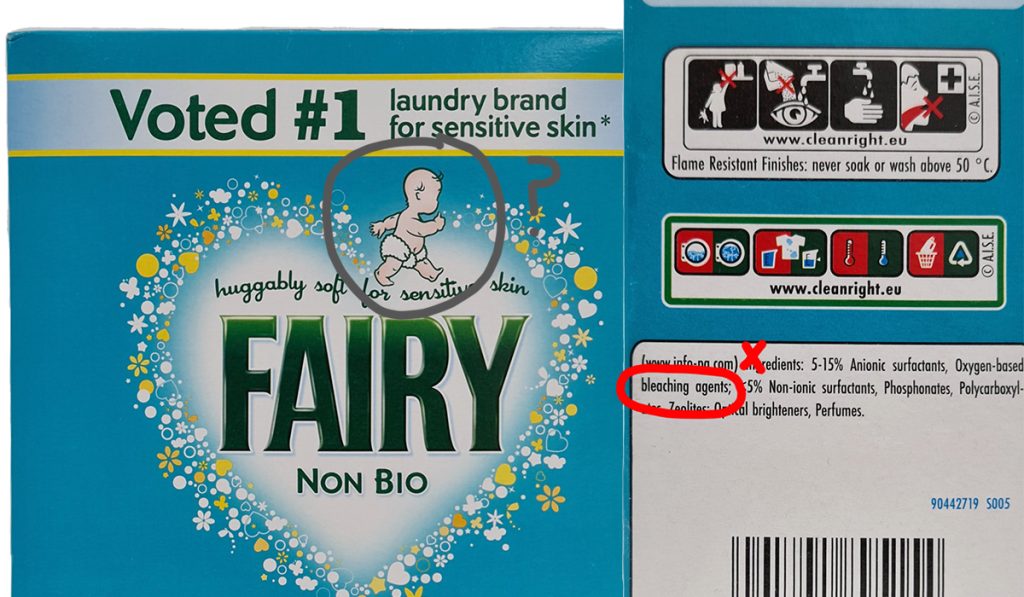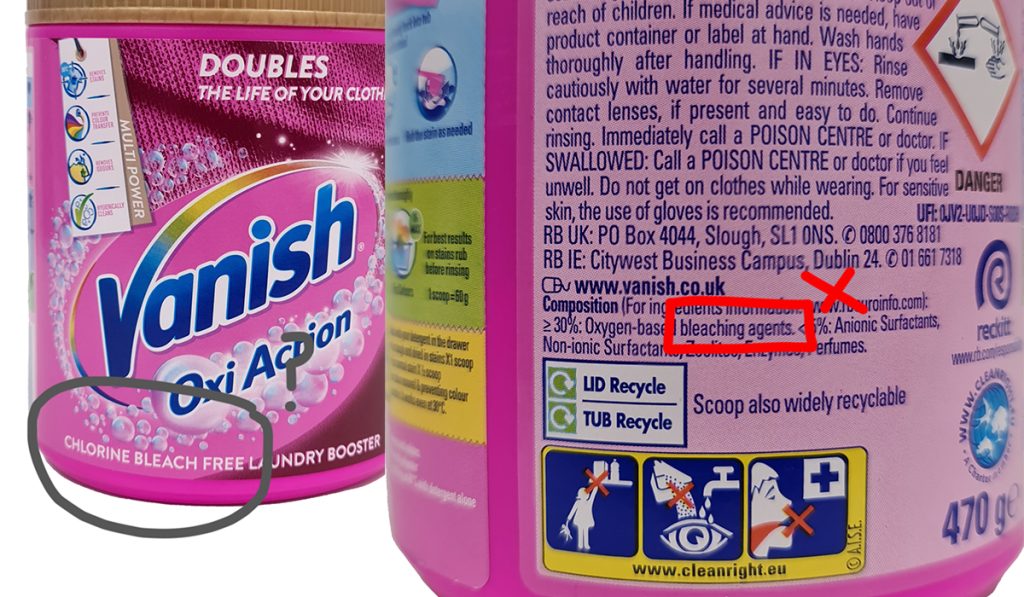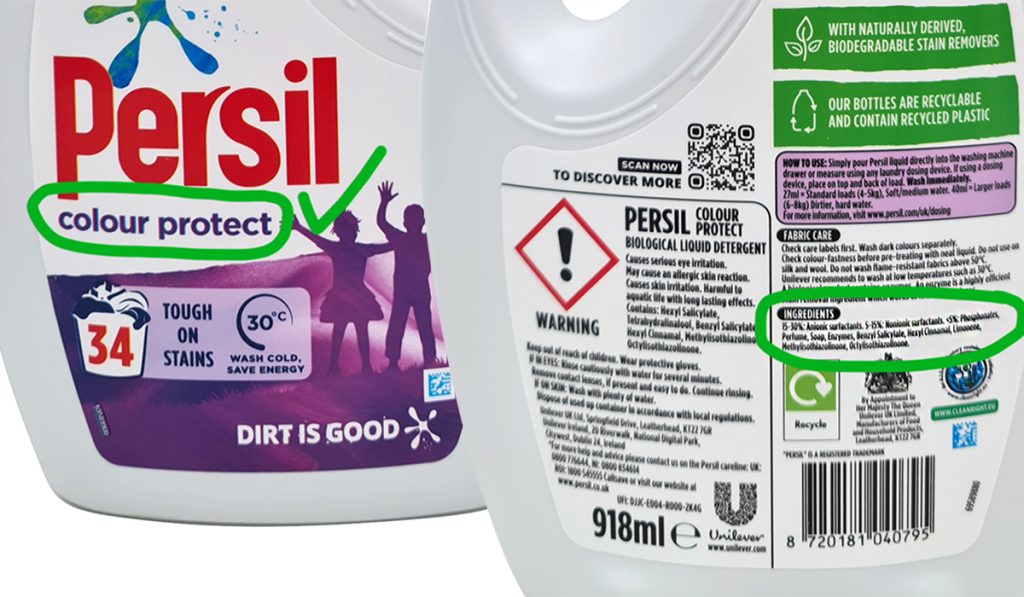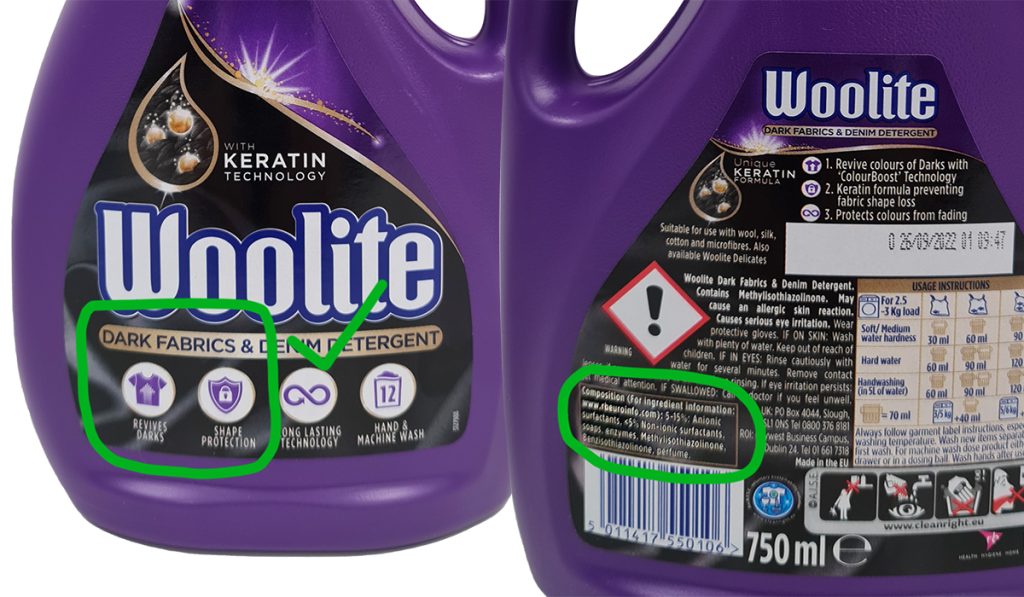We use cookies
Using our site means you agree to the use of cookies and similar technologies. Read about our policy and how to disable them here
Get 20% off fencing gloves with the code GS20. While stocks last. T&Cs Apply. MORE
Care Instructions
FIE-compliant fencing clothing is the kind of stuff that takes a hammering. Unlike a ski jacket that may be washed just once a year or less, this type of sports clothing, when used for all the practice sessions and competitions, can often be washed anywhere between three-to-six times per week.
Fencing garments display the labels that are mandatory under European law – namely the ‘Do Not Use Bleach’ symbol. At Leon Paul, we add a notice to fasten both zips and Velcro before washing so as to further protect the clothing as it spins around the machine.
The reason that we should not use bleach of any kind to wash fencing clothing is that it can significantly shorten the lifespan of the item. For the silver in our lightweight lamés, bleach is an absolute killer as it will oxidise, acquiring a layer of tarnish that is non-conductive. Bleach also damages any elasticated parts of garments – in the sleeves of fencing jackets, or on the cuffs and braces of breeches, eating it away and leaving clothing baggy. Heavier fencing clothing is made from polyester which is naturally white whereas lightweight fencing uniforms are made using ballistic nylons which are naturally off-white to yellow in appearance. The lightweight materials, such as those used in our Apex range have to be dyed to, what the garment industry calls, ‘optic white’. Counter-intuitively, any bleach will only reverse the process, taking the fabrics back to their murkier original rather than making them whiter and brighter.
So, we know not to use anything with bleach in it, right? Of course, but there are few more important and somewhat hidden care considerations.
One is that any detergents that promise to be ‘whitening’ do contain bleach. They have to – this is the very agent that will decolourise unwanted stains and restore the whiteness. For the reasons outlined above, such whitening powders are the worst thing we can turn to in trying to retain the whiteness of a fencing uniform.
Surprisingly, so too are the non-biological detergents. To avoid using bleach, the common advice is to go non-bio. You know, the kind of detergent which often sports lovely pictures of babies on its packaging, encouraging us to use gentle products to care for what we hold dear. We have found that even when our customers were trusting in non-biological, the same problems seemed to persist with the same issues reported.
A trip to our local supermarket helped us figure it out. We pored over the backs of washing powder packets. It made for a riveting read. It turns out that manufacturers do use bleach in non-biological detergents; it’s just that they call it something different – maybe ‘optical whiteners’, or other terms that most of us find obtuse.


So now we know that whiteners are a definite no-go and non-biological detergents are pretty much as harsh on our fencing clothing as the bleachy stuff, we need a ray of hope. What will work?
The best products are natural soap powders that are designed for delicate items and are free of any kind of bleach. Secondly, colour-fast washing powders – those designed to keep the blacks black and not grey and keep the blues bright blue and the reds bright red, without any fading – are another bleach-free option that, importantly for fencers, will do a good job of keeping the whites, white.


The upshot of changing what we are using to clean our fencing laundry load should be that there’s quite a bit more mileage in FIE-standard clothing – we would estimate up to 25-30%.
One thing to have come out in the wash.

